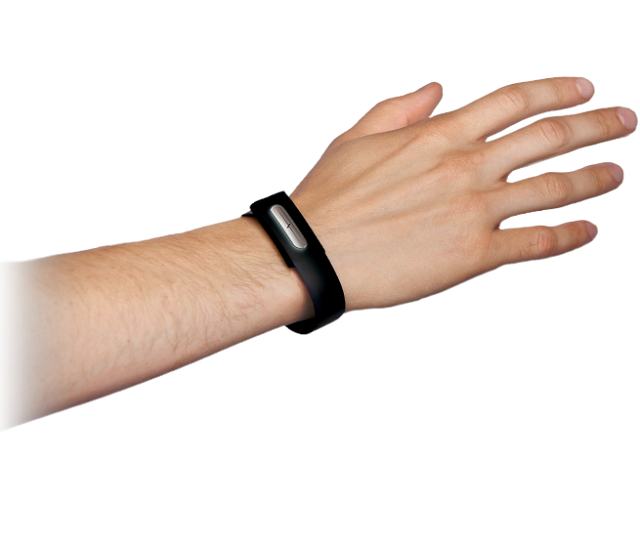Identity wearables company Bionym is currently working together with Mastercard to create a contactless mobile payment method that relies on heartbeat authentication.
Many wearables already come with a heart rate tracker, so why not put that to some good use and rely on it for mobile payments? A pilot program that takes place in Canada this year includes several card-issuing banks that included their NFC chips from contactless credit cards into Bionym’s Nymi wristband. Royal Bank of Canada (RBC) Mastercard users will be the first Guinea pigs to make mobile payments using their wearables, just before the holiday season starts. Depending on the feedback, other banks will join the party before the end of the year.

“We’re continuing to work to provide customers increased choice how they pay,” mentioned RBC’s mobile payments head Jeremy Bornstein. “Once their wristband is activated, they can leave their phone at home while they go for a run or run an errand and conveniently and securely buy a coffee or groceries with a tap of the wrist.”
Bionym’s contactless payment system for wearables could prove a real alternative to Apple Pay, which many stores (including some important pharmacy chains from the US) are reluctant to adopt.
What’s unique about the biometric authentication implemented by Bionym is the heartbeat factor. When first put around the wrist, the Nymi bracelet reads the ECG (electrocardiogram) of the user, which is unique for every individual. Fingerprint sensors and retina scanners can be tricked into thinking that a certain person uses the system while in fact there’s a replica, but heartbeats are preeeetty difficult to fake and to hack. You never know how resourceful hackers really are, so let’s hope they don’t find a way around this, as well.
In an interview with VentureBeat, Bionym’s founder and CEO Karl Martin pointed out that “We are a platform play,” meaning that the technology could make its way to other wearables, such as smartwatches and why not, even smart jewelry.
The Nymi bracelet was first showcased in September 2013, so I can only conclude that in the meantime Bionym has searched for partners and found one in Mastercard. Now let’s hope that this partnership turns out to be fruitful and many banks adopt this unique biometric authentication.
Be social! Follow Walyou on Facebook and Twitter, and read more related stories about the world’s first biometric credit card developed by Mastercard and Zwipe, or the Swedish biometric payment method that relies on vein patterns.










